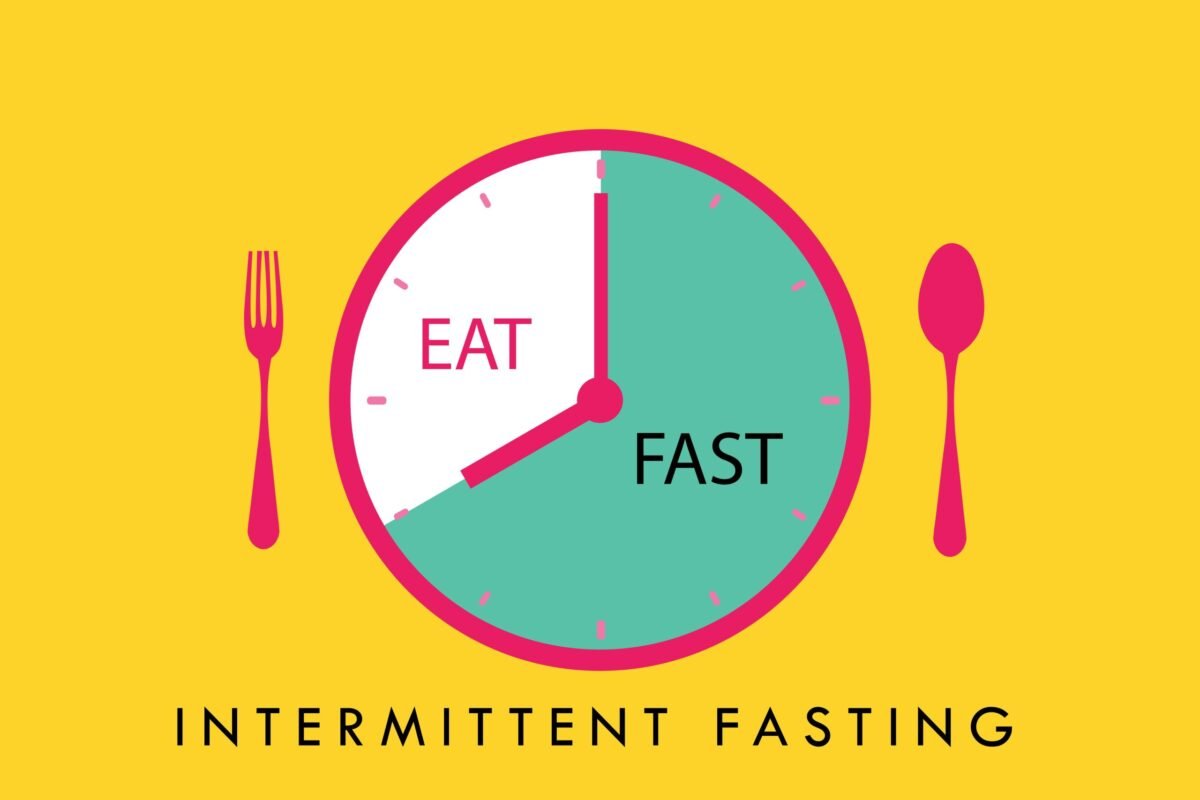Is Intermittent Fasting Good for Your Gut Health?

Intermittent fasting has gained immense popularity in recent years, promoted as a lifestyle change that can aid in weight loss, enhance metabolic health, and potentially even extend lifespan. However, while much of the attention is on its role in fat loss and blood sugar control, fewer people stop to ask: What does intermittent fasting do to your digestive system?
Your digestive system is at the centre of your overall health. From breaking down food and absorbing nutrients to maintaining the delicate balance of your gut microbiome, digestion plays a critical role in how energised, comfortable, and healthy you feel every day. But fasting can affect this complex system in both positive and negative ways.
In this blog, we’ll explore how intermittent fasting influences digestion, the potential benefits, risks, and who should be cautious before adopting this trend.
What is Intermittent Fasting?
Intermittent fasting isn’t a diet in the traditional sense; it’s an eating pattern. Instead of focusing on what you eat, it focuses on when you eat.
Some popular methods include:
- 16/8 Method: Fasting for 16 hours daily and eating within an 8-hour window
- 5:2 Diet: Eating normally for 5 days and significantly restricting calories (about 500–600) for 2 non-consecutive days
- Eat-Stop-Eat: Complete a 24-hour fast once or twice a week
- Alternate-Day Fasting: Fasting every other day
No matter the type, the main idea is to give your digestive system and body extended breaks from food processing.
“Think of fasting as giving your digestive system a holiday. It allows the gut to reset, improve motility, and reduce the constant burden of processing meals,” explains Dr. Deep Goel.
How Intermittent Fasting Impacts Digestion?
Intermittent fasting affects the digestive system in the following way:
1. Reduced Bloating and Gas
With fewer meals to process, the stomach and intestines get a break. This downtime can reduce bloating and give the gut lining time to repair.
A patient of Dr. Deep Goel shared, “I had been struggling with constant bloating and gas for years. When I consulted Dr. Goel, he recommended trying the 16/8 intermittent fasting method. The results surprised me. Within two weeks, my bloating was much less, and I felt lighter throughout the day. My digestion became more regular, and I didn’t feel as sluggish after meals. He also advised me to break my fast with light foods like soup or yogurt, which made a big difference.”
2. Supports the Gut Microbiome
Your gut is home to trillions of bacteria that influence digestion, immunity, and even mood. Some studies suggest fasting encourages microbial diversity and reduces harmful bacterial overgrowth. This could enhance nutrient absorption and reduce inflammation.
3. Improves Motility
Intermittent fasting activates the migrating motor complex (MMC), wave-like movements that sweep food and bacteria out of the small intestine. A strong MMC can lower the risk of small intestinal bacterial overgrowth (SIBO), which often causes gas and discomfort.
4. Possible Reflux Relief
Eating less frequently may lower the chances of acid reflux. But if you break your fast with large or spicy meals, reflux symptoms can worsen.
5. Improved Gut Barrier Function
Research suggests fasting can reduce intestinal permeability (commonly known as “leaky gut”), lowering the risk of inflammation and autoimmune reactions.
Risks and Challenges of Intermittent Fasting
Not everyone’s digestive system benefits from fasting. Common risks include:
- Acid Reflux and Heartburn: Overeating after long fasts or consuming caffeine/spicy food can trigger symptoms
- Constipation: Less frequent eating may reduce fiber and fluid intake, leading to sluggish bowels
- Stomach Pain or Gastritis: Extra acid during fasting can irritate the stomach lining in those prone to ulcers
- Overeating Discomfort: Heavy meals eaten quickly may cause cramps or indigestion
A patient also shared, “I tried intermittent fasting because I heard it could improve gut health, but I already had mild acid reflux. After a few weeks of fasting, my reflux symptoms got worse, especially when I broke the fast with heavy meals. I consulted Dr. Deep Goel, and he explained that fasting can sometimes trigger excess acid production if you have GERD. He asked me to eat smaller, balanced meals to manage my reflux better.”
“Not every digestive system reacts the same way. Patients with reflux disease, ulcers, or irritable bowel syndrome should consult a specialist before starting intermittent fasting,” advises Dr. Deep Goel.
Who Should Avoid or Be Cautious?
Intermittent fasting isn’t for everyone. Extra care is needed if you are:
- Living with IBS, GERD, or gastritis
- Diabetic on medication (risk of blood sugar fluctuations)
- Pregnant or breastfeeding
- Recovering from an eating disorder
- A child or teenager with high nutrient needs
Always consult a doctor before beginning fasting if you fall into these groups.
Tips to Protect Your Digestive System While Fasting
If you want to try intermittent fasting without upsetting your gut:
- Break the Fast Gently – Begin with fruits, soups, or yoghurt, then move to balanced meals
- Stay Hydrated – Drink water and herbal teas during fasting hours
- Avoid Trigger Foods – Limit fried, spicy, and processed foods
- Prioritise Fibre and Probiotics – Include vegetables, whole grains, and fermented foods
- Eat Slowly – Chew thoroughly to reduce strain on the stomach
- Listen to Your Body – Stop if fasting worsens reflux, constipation, or pain
According to Dr. Deep Goel, “Intermittent fasting, when practised wisely, can enhance digestive efficiency. Patients often report less bloating, fewer digestive complaints, and better control over reflux.”
Final Thoughts
So, is intermittent fasting good for digestion? For many, the answer is yes. It can help reduce bloating, improve gut health, and give the digestive system time to reset. However, for some individuals, especially those with pre-existing stomach conditions, it may cause problems such as acid reflux or constipation.
The key is personalisation. If you’re asking, “Can intermittent fasting cause stomach issues?”, the answer depends on your health profile and how you practice fasting.
With the right approach, intermittent fasting can improve gut health, ease bloating and gas, and enhance overall well-being. But if you have ongoing digestive problems, consult a specialist first.
FAQs
1. Can intermittent fasting be practised long-term for gut health?
Yes, if done correctly and under medical guidance, it can be practised for months or years, but regular check-ups are essential to monitor nutritional and digestive health.
2. Does intermittent fasting increase the risk of gallstones or liver problems?
In rare cases, fasting for very long periods or skipping meals frequently can increase the risk of gallstones. However, with balanced intermittent fasting and healthy meals, this risk is minimal.
3. What foods are best to break a fast without upsetting digestion?
Light, easily digestible foods such as fruits, soups, yogurt, and steamed vegetables are ideal. Avoid fried, oily, or spicy foods as they may cause bloating, reflux, or cramps after fasting.
4. Is intermittent fasting safe for people with diabetes and digestive issues?
People with diabetes must be cautious, as fasting can cause blood sugar fluctuations. If you also have digestive issues, you should consult a specialist before starting.
5. Can probiotics or supplements support digestion during fasting?
Yes, probiotics can improve gut health, and supplements like electrolytes, magnesium, or vitamin D may help if the diet is restricted.
Explore more blogs: How Diet Can Lower Cancer Risk: Top Foods for Gut Health

